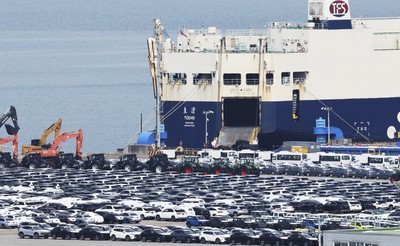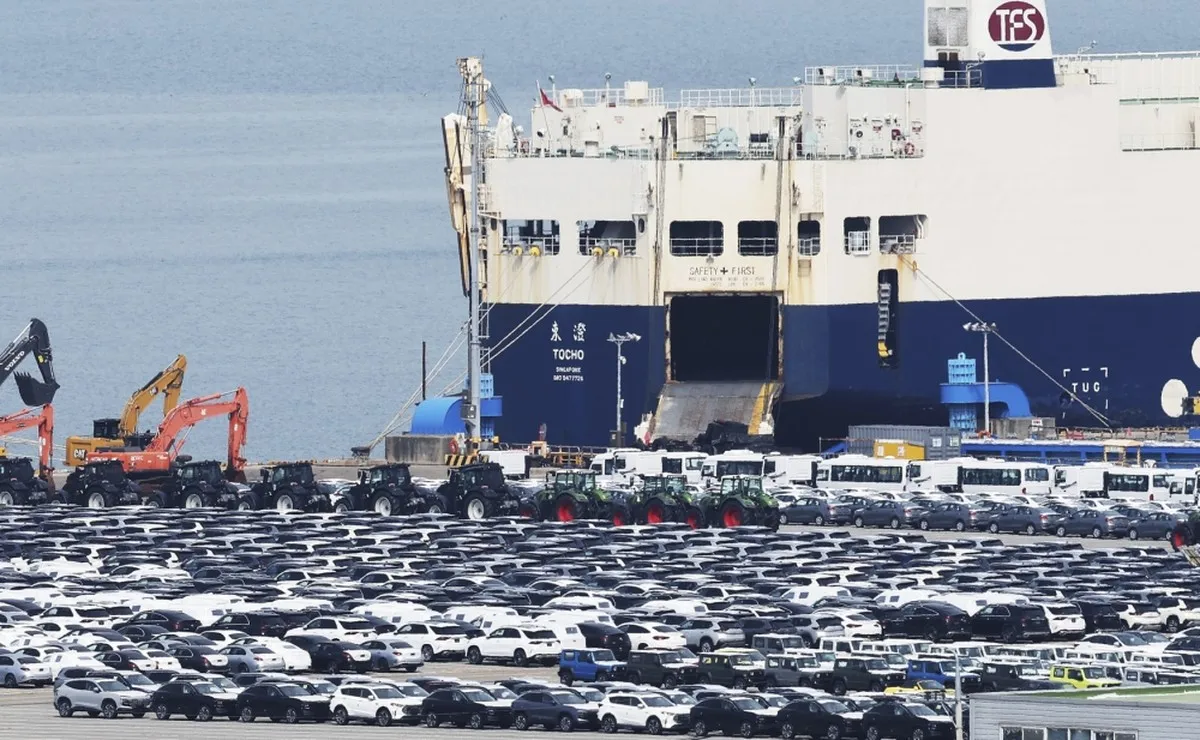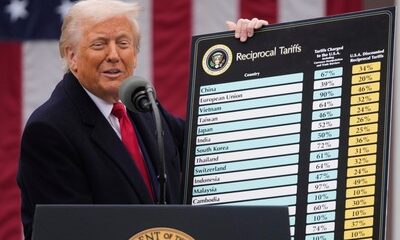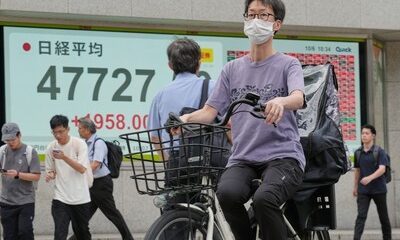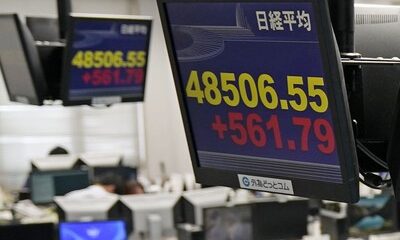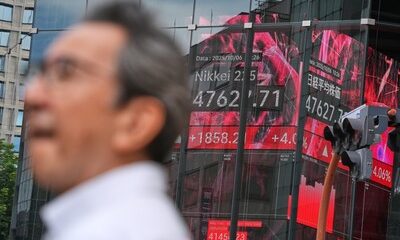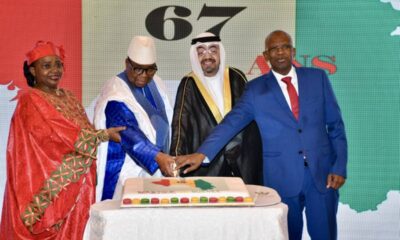MANILA, Philippines, July 31, (AP): Asian shares were mostly lower Thursday after U.S. stocks slipped, as doubts rose on Wall Street about whether the Federal Reserve will deliver economy-juicing cuts to interest rates by September. Bucking the trend, Japan’s Nikkei 225 rose 1.1% to 41,075.85 after the Bank of Japan kept interest rates steady at 0.5% and raised inflation projections. The move follows Tokyo’s trade deal with Washington.
In Seoul, the Kospi edged down 0.6% to 3,235.83 after South Korea reached a 15% tariff deal with the US, with no levies on American goods like cars, trucks and farm products. The deal also includes South Korea’s purchase of $100 billion US energy imports and $350 billion worth of investments in the U.S. Hong Kong’s Hang Seng index fell 1.1% to 24,814.59, while the Shanghai Composite Index slid 0.8% to 3,586.13.
Australia’s S&P ASX 200 shed 0.2% to 8,741.90. India’s BSE Sensex fell 0.4% to 81,169.49. Taiwan’s TAIEX rose 0.3% to 23,542.52 Rabo Bank, citing the U.S. trade deals with other countries, including Bangladesh, said in a commentary that “it appears to be only a matter of time before India agrees to terms to ensure that it retains favorable access to the US market and all of those other markets that (US President Donald) Trump has demonstrated he has the power to direct through economic coercion.”
Rabo added that the terms of a US-India trade deal would almost certainly include Indian purchases of US arms and energy products and preferential access to U.S. agricultural goods. “A potential loser in all of this is Australia. With the US sending more wheat to Indonesia and Bangladesh and more LNG to Japan and South Korea, Australian exports stand to be displaced from their traditional markets,” it added.
Trump on Wednesday announced a 25% tariff on imports coming from India, along with an additional tax because of India’s purchases of Russian oil, beginning Friday. That’s when stiff tariffs Trump has proposed for many other countries are also scheduled to kick in, unless they reach trade deals that lower the rates.
But the US president said the two countries were still in negotiations. On Wall Street on Wednesday the S&P 500 edged down by 0.1%, coming off its first loss after setting all-time highs for six successive days. The Dow Jones Industrial Average dropped 171 points, or 0.4%, and the Nasdaq composite rose 0.1%. Stocks felt pressure from rising Treasury yields in the bond market after the Federal Reserve voted to hold its main interest rate steady. The move may upset Trump, who has been lobbying for lower interest rates, but it was widely expected on Wall Street.

 Politics23 hours ago
Politics23 hours ago
 Politics13 hours ago
Politics13 hours ago
 Latest News20 hours ago
Latest News20 hours ago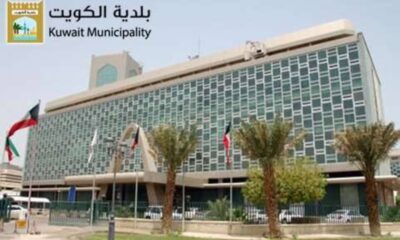
 Latest News23 hours ago
Latest News23 hours ago
 Latest News12 hours ago
Latest News12 hours ago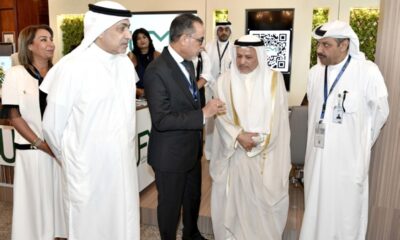
 Latest News22 hours ago
Latest News22 hours ago
 Latest News14 hours ago
Latest News14 hours ago
 Politics4 hours ago
Politics4 hours ago
